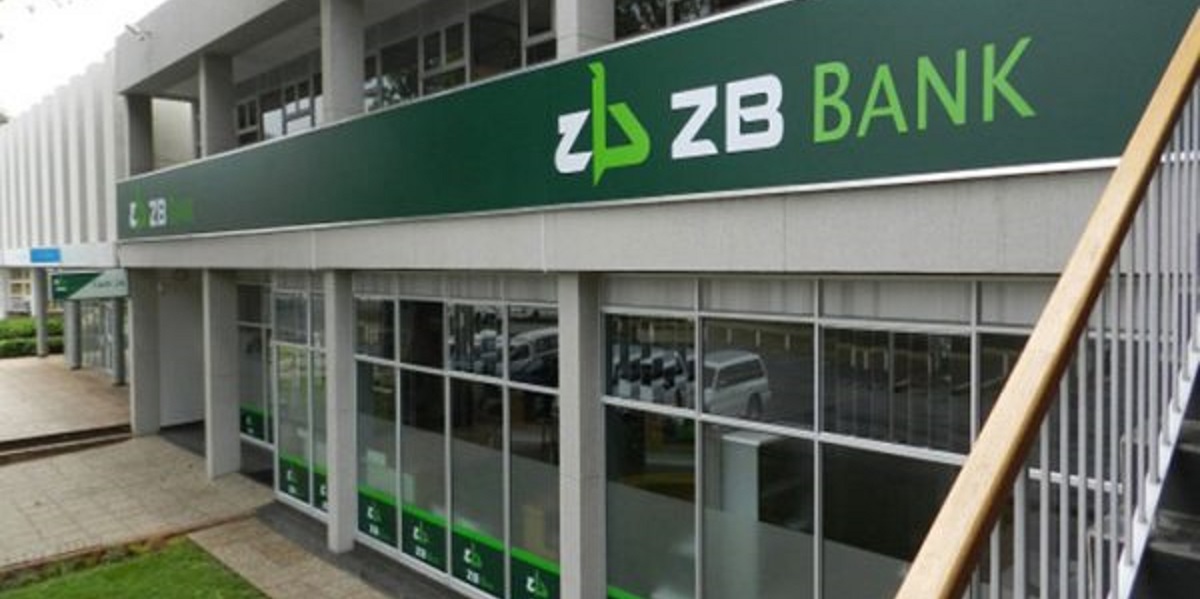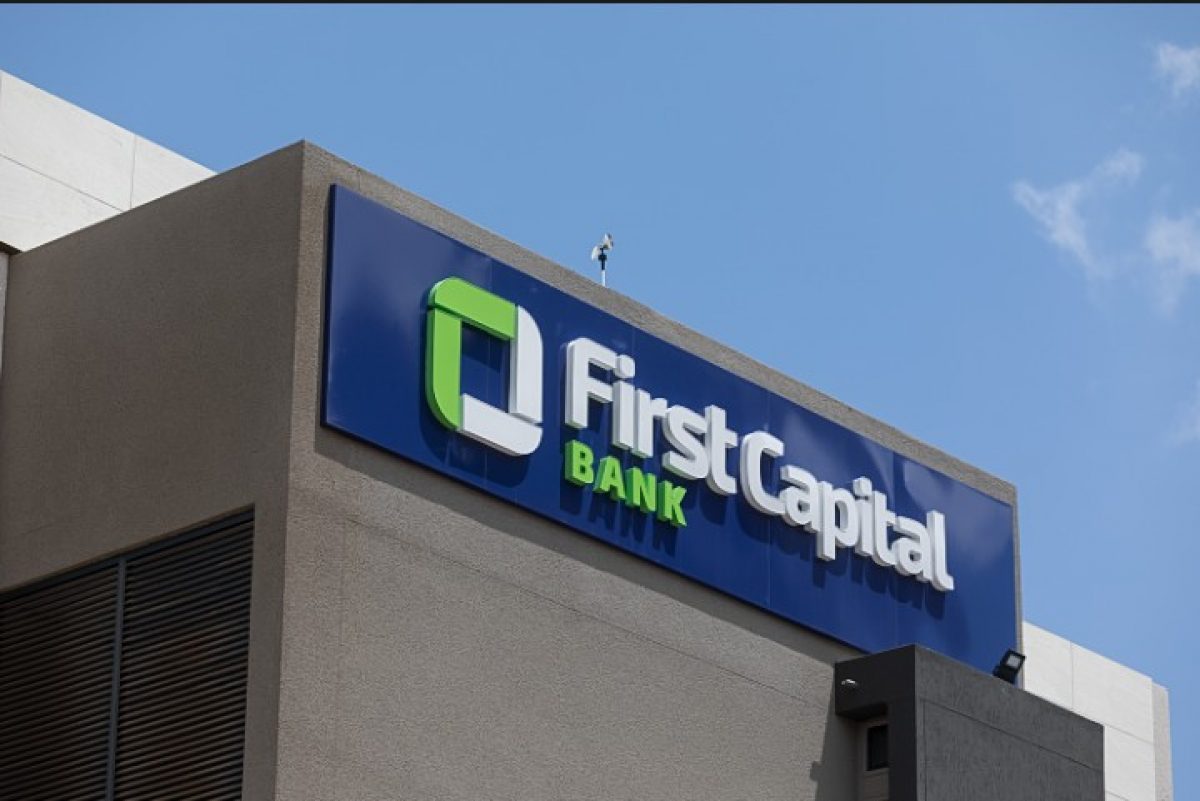Turnall minority buy out deal stinks
In analysing investment options both for yourself as an investor and others, two things significantly influence your decisions.
One is the need for patience if big profits are to be made from equity investments because real money is in the waiting. The other is the inherent deceptive nature of the stock market.
Doing what everyone else is doing, often the wrong things and celebrate small short term gains. It is difficult to choose option one and be a contrarian especially if you are a separately advised account manager because you will have to spend a great deal of time explaining in great detail to the owners of the funds you manage the principle behind the action you have taken.
But, in this investment world, the biggest risk lies in celebrating with everyone on the market without doing your homework. Below is what I think about ZimBrands’ offer to purchase Turnall shares from the minority holders at $4,57 apiece.
Turnall closed at $4,57 on its last day of trading and ZimBrands, which owned 43 percent of the company offered to buy out the minority at $4,57 in cash. Matching the market sounded great for someone who might have bought this stock at a less price prior to the announcement.
But wait! Was this cash offer to minority shareholders fair?
There is another side of this story, the stock market often acts as a leading indicator for the stock’s fair value. However, it often fails to factor in the company’s ability to generate future cash flows which gives us the business’s intrinsic valuation.
Looking at this company’s financials, reported figures are speaking positively for the business, but negatively about this $4,57 minority offer. Let’s have a quick look at a few important things reported.
Statement of financial position
Turnall has no debt on its H1 2022 balance sheet and that means the business is 100 percent equity funded. With zero debt, no matter what happens, Turnall isn’t about to go out of business. I also noticed that this company has a net cash balance of $433 million and 493 million outstanding shares. Dividing these two, this company has $0,88 in net cash to go along with every share of Turnall. That’s a $1 bonus sitting there on paper. Of course, Turnall is not a cash rich company but this net cash value is big enough to change everything, because it means ZimBrands is buying minority shares not for $4,57, but for $3,69 apiece ($4,57 less $0,88 in net cash).
Cash flows and valuation
This business has managed to generate positive free cash flows for the last 5 years. Despite being small, it has a high free cash flow yield of around 6 percent, a very low price to net asset value of 0,72x and a P/E ratio of 5x. With this in mind, you probably already have an impression that this company might be undervalued. I went further to calculate Turnall’s intrinsic value using a DCF model. I expect sales volumes to be at least 5 percent higher in H2 relative to H1 and inflation to be around 70 percent for H2. This growth in sales is very conservative given that this company controls 60 percent of the roofing material market in a growing housing construction industry.
Turnall is expanding its capex and I forecasted reinvestment rate to average 10 percent for the FY2022 and 7 percent beyond 2023. EBIT margins to average 10-15 percent in the next 10 years from 18 percent in FY2021 and that gave me an estimated intrinsic value of around $15.
l am convinced that Turnall is undervalued and has a margin of safety of over 200 percent. It’s unbelievable that the market has accepted to sell the minority part of this stock to ZimBrands at a 70 percent discount to its underlying business value. A cash offers of $4,57 and $3,69 after deducting net cash per share is tantalising, cycles or no cycles. Maybe I would’ve been impressed by this offer if the housing construction industry was falling in Zimbabwe, if cash flows were negative and if the company was sinking in debt.
Disclaimer: Business Weekly has taken all reasonable steps to ensure that the information within this article is correct and no liability is accepted for any loss arising from reliance on it. All opinions and estimates expressed in this report are (unless otherwise indicated) entirely those of the writer. Readers of this article shall be solely responsible for making their own independent investigation of the business, financial condition and prospects of companies referred to in this report.-ebusinessweekly









